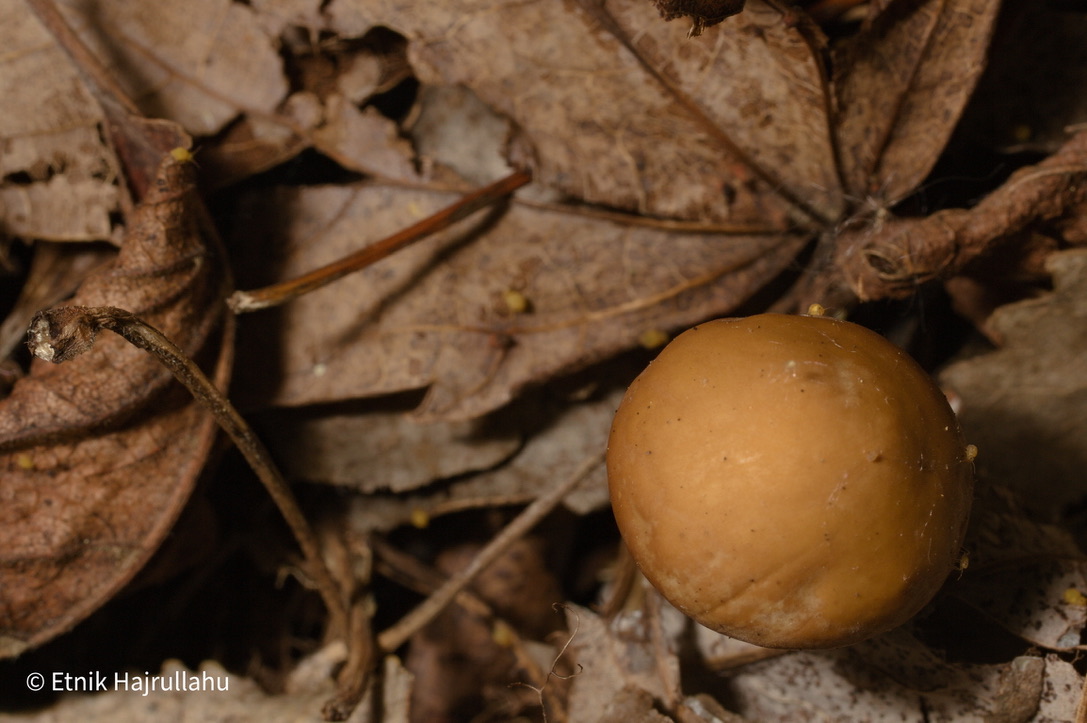Fungi are a diverse group of organisms that include mushrooms, yeasts, and molds. They play important roles in many ecosystems, serving as decomposers, symbionts, and even parasites. Here’s a brief overview of the world of fungi:
Physical Characteristics
Fungi are distinct from plants and animals, possessing their own unique set of physical characteristics. They are heterotrophic, meaning they obtain nutrients by absorbing organic matter from their environment. Fungi have cell walls made of chitin, which provide support and protection. They reproduce both sexually and asexually, using spores to disperse and colonize new areas.
Ecology
Fungi are found in almost every ecosystem on Earth, from forests to deserts to aquatic environments. They play important roles as decomposers, breaking down dead organic matter and returning nutrients to the soil. Many fungi also form symbiotic relationships with other organisms, such as mycorrhizal fungi that help plants absorb nutrients from the soil.
Importance to Humans
Fungi have many practical applications for humans, including in the production of food, medicine, and industrial products. Yeasts are used in the production of bread, beer, and wine, while other fungi are used to make antibiotics and other drugs. Fungi are also important sources of enzymes and other industrial chemicals.
Threats and Conservation
Fungi face a variety of threats from human activities, including habitat loss, pollution, and climate change. Many species are also at risk of extinction, with some estimates suggesting that up to a third of all fungi may be at risk. However, fungi are often overlooked in conservation efforts, with many species remaining undocumented or poorly understood.
Conservation efforts are underway to protect and conserve fungal populations around the world. These efforts include habitat restoration, biodiversity surveys, and public education and outreach. Citizen science programs are also popular ways for individuals to get involved in fungal conservation.
Conclusion
Fungi are a fascinating and important group of organisms that play critical roles in many ecosystems. By understanding their physical characteristics, ecological roles, and importance to humans, we can better appreciate the beauty and diversity of the natural world. By working to protect and conserve fungal populations, we can ensure that future generations will be able to enjoy the many benefits that fungi provide.

